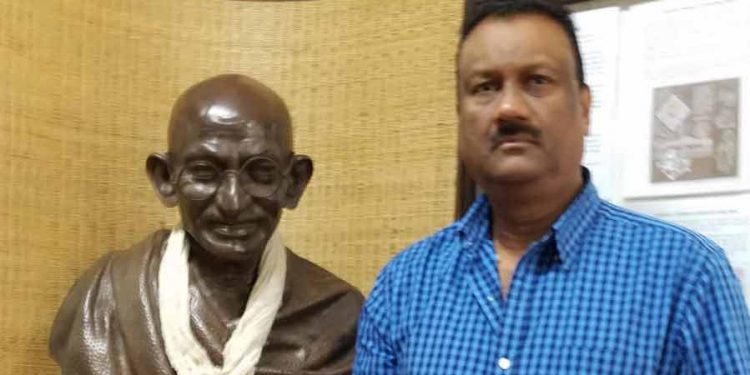Independence Day has come and gone; so after 56 years of dumping British Colonial rule the most salient question remains: is Guyana and its people better off? My answer is NO. After centuries of European colonial rule Post- Independence countries have failed in their quest for democratic and politically stable states. Guyana is a perfect example as Independence saw the establishment of 23 years of PNC dictatorship and Party Paramountcy together with the abolition of the highest Court – The Privy Council.
With the exception of the Jagans, (the Sam Hinds sojourn was a Jerry Springer show) all Guyana’s leaders have emanated vindictiveness and embarked on highly questionable financial ventures; notwithstanding, the bureaucracy surrounding the processing of simple documents stinks to the high heavens. Sound, well thought out investments should produce benefits for all; instead, technological white elephants have proliferated. The Yarrokabra Glass Factory, Mazaruni Hydro and the Power Barge purchase under the PNC caused millions of US dollars to be wasted.
Fast forward to the PPP and Guyana embraces the all too familiar déjà vu scenario. The Skeldon Sugar Factory, Amalia Falls Hydro project, the Surendra Specialty Hospital and the Fiber Optic cable from Brazil stand out in a long line of failures and clumsiness surrounded by fraud and favoritism in contract awarding. Close to US$800 million was wasted. Such botched projects could never have occurred under British rule.
It must be remembered that at the time of Independence Guyana had the highest per capita income in the Caribbean and in terms of real wages Guyanese had more actual spending power than present for even though people take home more money the actual purchasing power has diminished. In reality, you need a basket of money to take home a basket of food. Using the yardstick of the most stable world currency, in 1966 a teacher earned $300 monthly – the equivalent of an ounce of gold; today an ounce of gold (US$1,700) stands at $350,000. Which teacher earns such income?
On a general front almost all post-colonial countries have experienced governments ranging from autocracy to kleptocracy. Shady deals with multi-national corporations have overshadowed sound investment programs. Guyana’s oil contract lucidly stigmatizes this point. The clarion call for Uhuru (the Swahili word for freedom from oppression) has failed Africa, a continent that has perpetually witnessed more bloody coups, and military overthrows and civil war than anywhere else, while Pakistan, since Independence 75 years ago has never seen an elected government serve out its full term. The best analysis of such failures is given by the Martinique born philosopher Franz Fanon who attributed the colonial mindset to the crop of leaders who succeeded the Colonial rulers. Instead of forging a new order post-independence order leaders developed a state of double consciousness: they wanted to identify with their countrymen while simultaneously adopt the elitist leader position. Burnham and the Duvalier’s of Haiti are prime examples, while Jawaharlal Nehru, India’s first Prime Minister, was called the last viceroy of India. Well, as things stand, it seems Massa days have not fully vanished, only the color of Massa had changed.




































































